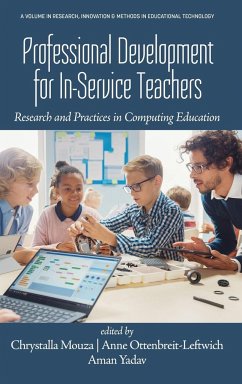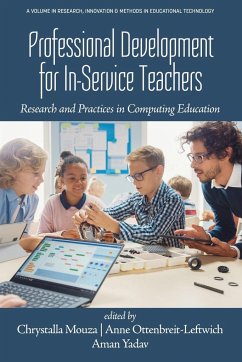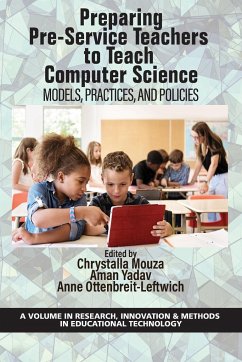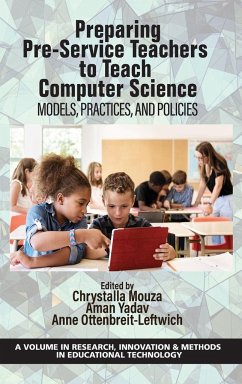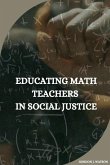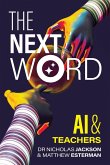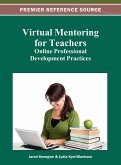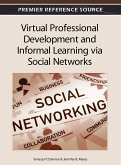Computer science is increasingly becoming an essential 21st century skill. As school systems around the world recognize the importance of computer science, demand for teachers who have the knowledge and skills to deliver computer science instruction is rapidly growing. Yet a number of recent studies indicate that teachers report low confidence and limited understanding of computer science, frequently confusing basic computer literacy skills with computer science. This is true for both teachers at the K-8 level as well as secondary education teachers who frequently transition to computer science from other content areas, such as mathematics. As computer science is not yet included in most teacher preparation programs, professional development is a critical step in efforts to prepare in-service teachers to deliver high-quality computer science instruction. To date, however, research on best practices in computer science professional development has been severely lacking in the literature, making it difficult for researchers and practitioners alike to examine effective in-service preparation models. This book provide examples of professional development approaches that help teachers integrate aspects of computing in existing curricula at the K-8 level or deliver stand-alone computer science courses at the secondary school level. Further, this book identifies computational competencies for teachers, promising pedagogical strategies that advance teacher learning, as well as alternative pathways for ongoing learning including micro-credentials. The primary audience of the book is graduate students and faculty in educational technology, educational or cognitive psychology, learning theory, curriculum and instruction, computer science, instructional systems and learning sciences. Additionally, the book will serve as a valuable addition to education practitioners and curriculum developers as well as policy makers looking to increase the number of teachers who are prepared to deliver computing education.
Hinweis: Dieser Artikel kann nur an eine deutsche Lieferadresse ausgeliefert werden.
Hinweis: Dieser Artikel kann nur an eine deutsche Lieferadresse ausgeliefert werden.

